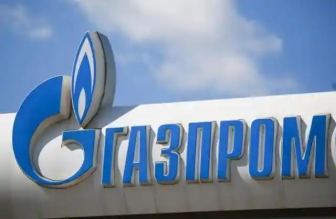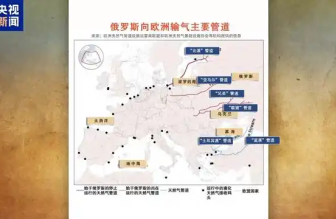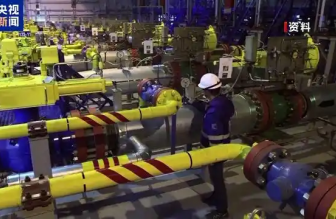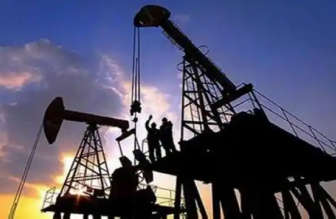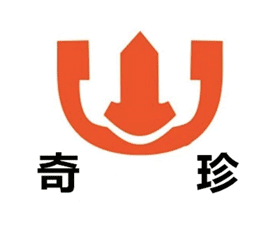亚洲LNG现货价格将进一步下跌
2019年,全球LNG市场严重依赖欧洲消化过剩供应。来自美国和澳大利亚新建项目的LNG产量激增,满足了亚太地区LNG需求增长,在无其他销路的情况下,现货LNG以折扣价出售到欧洲码头。
伍德麦肯齐研究总监罗伯特西姆斯说:“到2020年,欧洲可能还会遇到这种情况。不过,与2019年不同的是,欧洲天然气库存将在今年年初创下历史新高。因此,欧洲需要更多依赖于灵活供应,或与去年相比,电力部门需求增加。两者都表明2020年的TTF价格更低,这反过来又表明亚洲的现货价格更低。
市场自由化和LNG现货价格走低为更多新参与者提供了理由
马来西亚和泰国终于实现了市场自由化。
去年,壳牌向马来西亚进口了一批现货LNG,首次打破了马来西亚国家石油公司的垄断地位。随着第三方的成功进入,马来西亚发电公司TNB的采购部门TNBF预计将在2020年寻找更多的货物。
在泰国,其电力公司上个月进口了第一批LNG。此前一直被PTT公司垄断,这也是第三方首次成功进入泰国市场。
东北亚对煤炭的反弹可能为短期LNG需求提供利好
日益增长的空气质量问题促使韩国等东北亚市场采取能源政策,减少今年冬天的煤炭发电量。
首席分析师Lucy Cullen说:“去年春天的减排显示了韩国在减少季节性排放方面取得了一些成功。早期报告也显示,12月份的排放水平有所下降。如果今年冬季的削减继续产生积极影响,那么季节性的煤炭削减很可能在东北亚定期出现,这对LNG需求是利好消息。
“目前,东北亚能源市场的性质不利于煤改气的重大转变。但我们将在未来几个月密切关注,看看排放担忧和持续低价的结合是否为2020更大范围的转换提供了必要的动力。”
支持天然气的政策宣布可能动摇东南亚天然气市场
2020年将出台几项政策文件,这些文件有可能撼动东南亚的天然气市场。预计天然气的作用将在泰国和越南电力和天然气市场总体计划的启动中更加突出。这将为该地区的市场参与者提供关键的战略信号。越南将在中期新增主要天然气发电能力,这将巩固天然气在越南电力结构中的作用。预计到2020年,许多综合LNG发电项目将取得进展,争取在即将出台的电力发展计划中占据一席之地。
印度加气站进展缓慢
印度额外的加气能力对于其利用低现货价格至关重要。然而,由于难以实现与电网管道连接,印度的加气站发展缓慢。
贾丽 摘译自 烃工程在线
原文如下:
Asia Pacific gas and LNG themes to watch
Wood Mackenzie has identified six themes that will impact Asia Pacific’s gas and LNG markets in 2020.
Asian LNG spot prices to fall further
In 2019, the global LNG market relied heavily on Europe to absorb excess supply. Surging new LNG production from US and Australian projects met stuttering Asia Pacific LNG demand growth and, with no place else to go, spot LNG was sold at a discount into European terminals.
Wood Mackenzie Research Director Robert Sims said: “In 2020, Europe will again be called upon to save the day. However, unlike 2019, European gas inventory will start the year at record high levels. Europe will thus need to rely even more on flexible supply, or increased demand creation from within the power sector, compared to last year. Both indicate an even lower TTF price for 2020 which in turn suggests lower spot price in Asia.
Market liberalisation and low LNG spot prices make the case for more new players
Market liberalisation finally took place in Malaysia and Thailand.
Last year, Shell imported a spot LNG cargo into Malaysia, breaking Petronas’ monopoly for the first time. With third-party access now successfully tested, the purchasing arm of Malaysia’s power generation company TNB, TNBF, is expected to look for additional cargoes in 2020.
Next door in Thailand, EGAT imported its first LNG cargo last month. This was the first test of the country’s third-party access regulation, after previously being monopolised by PTT.
Northeast Asia’s backlash against coal could provide upside to short-term LNG demand
Mounting air quality concerns have prompted Northeast Asian markets such as South Korea to adopt energy policies that reduce coal power generation this winter.
Principal Analyst Lucy Cullen said: “Last spring’s curtailment showed some success in cutting Korean seasonal emissions and early reports also suggest a fall in December emissions levels. If this winter’s curtailments continue to have positive impact and blackouts are avoided, then seasonal coal curtailments are likely to feature regularly in Northeast Asia; to the benefit of LNG.
Pro-gas policy announcements could shake up Southeast Asia’s gas markets
2020 will see the release of several policy documents that have potential to shake up gas markets in Southeast Asia. The role of gas is expected to feature more prominently in the launch of key master plans for the power and gas markets in Thailand and Vietnam. This will provide critical strategic signals for market participants in the region. Vietnam will add major new gas-fired capacity in the medium term, which will cement the role of gas in Vietnam's power mix. Progress is expected in 2020 on the many integrated LNG-to-power projects vying for a place in the upcoming Power Development Plan.
Limited progress in India’s regas terminals
Additional regas capacity will be critical to enable India to take advantage of low spot prices. However, regas developments in India have a history of delay, mainly caused by difficulties in completing pipeline connections to the grid .







